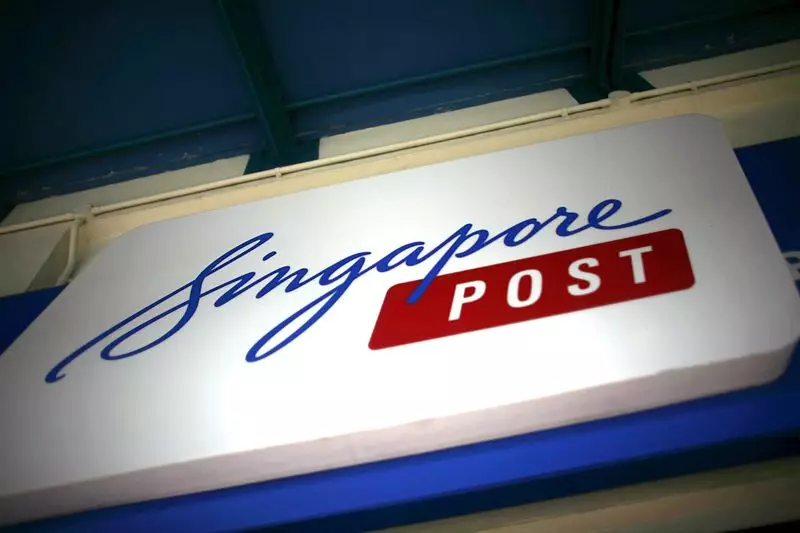In a significant shift for Singapore Post, the company announced the termination of its chief executive and two top managers following an internal investigation into alleged misconduct. This development arose after the firm received a whistleblower report detailing irregularities among employees working within its international e-commerce logistics division. The serious nature of these allegations has not only called the integrity of the company into question but has also had a notable impact on its financial standing, as evidenced by a substantial drop in its stock price.
The immediate aftermath of these revelations was felt sharply in the stock market, where shares of Singapore Post plummeted by nearly 10%, marking the largest intraday decline the firm has experienced in over four years. Such a drastic change is indicative of investor concern regarding the company’s governance and operational integrity. As trading commenced on the local bourse, the significant drop in share value highlighted a loss of confidence among investors, casting doubt on the firm’s capability to navigate potential long-term repercussions of this leadership fallout.
The whistleblower’s report specified that three unnamed employees were implicated in manipulating delivery status codes. Allegedly, these employees falsely documented the non-delivery of parcels as “delivery failures,” thereby misrepresenting the operational performance and potentially misleading stakeholders about the efficiency of Singapore Post’s logistics network. The gravity of these actions raises critical questions about the company’s internal controls and oversight mechanisms, which aim to secure transparency and ethical conduct.
The fallout from this investigation was swift, resulting in the ousting of CEO Vincent Phang, Chief Financial Officer Vincent Yik, and the head of the international business unit, Li Yu. The investigation concluded that these leaders acted with negligence in handling the whistleblower claims, failing both to properly address the misconduct and to communicate transparently with the audit committee. In the wake of this crisis, the company’s chair, Simon Israel, will assume an interim leadership role while a search for a new CEO is underway. This transitional phase is crucial for restoring stakeholder confidence and steering the firm back on track.
In an unexpected twist, both Phang and Yik have expressed intentions to contest their terminations, arguing that the processes leading to their dismissal were flawed and lacked fair representation. Such disputes could lead to prolonged legal challenges, further complicating the corporate landscape for Singapore Post. Additionally, the company has announced its plans to settle with the affected customer, although details remain undisclosed. This acknowledgment of wrongdoing suggests a willingness to rectify the situation, albeit while facing significant reputational challenges.
Singapore Post’s recent turmoil comes as part of broader strategic efforts, which include divesting from Australian assets to private equity firm Pacific Equity Partners for A$1.02 billion. This strategy underscores the need for financial revitalization and may offer a pathway to recovery. However, the management upheaval raises critical concerns regarding stability and direction, especially during a pivotal transformation period for the organization. The effectiveness of Singapore Post’s leadership moving forward will be essential in navigating these troubled waters and restoring trust among investors and customers alike.

